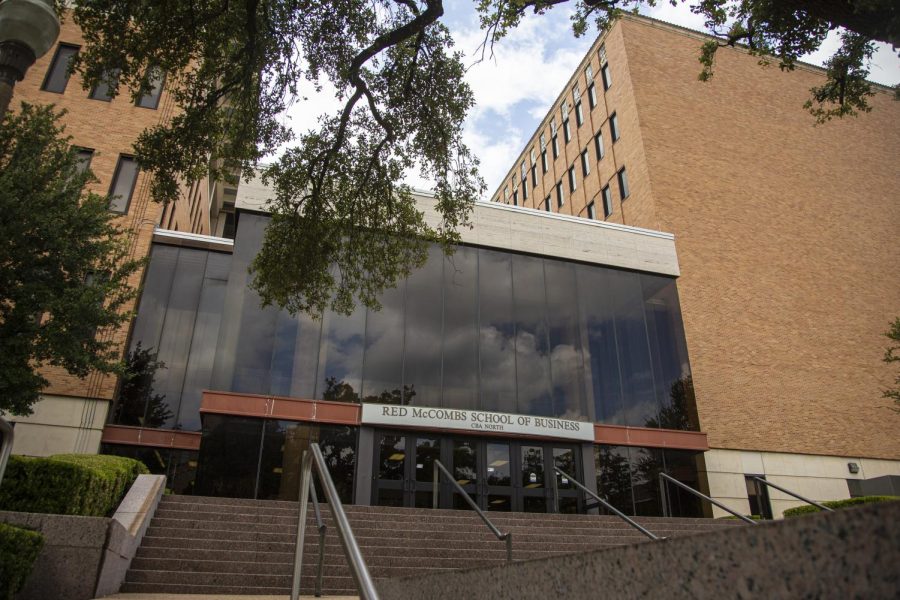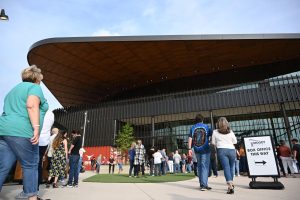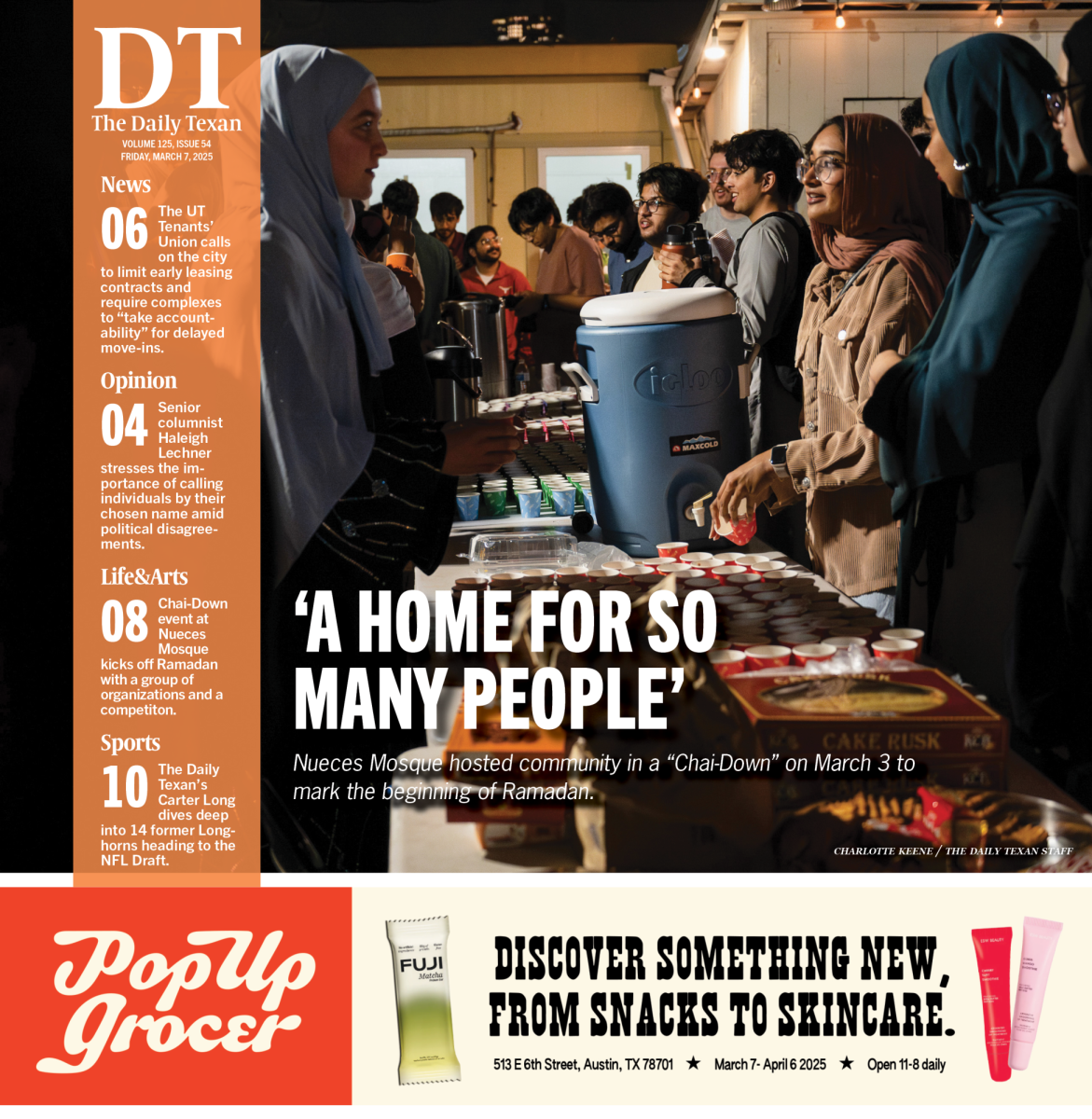McCombs and TransUnion partnership offers students new opportunities in data science
August 23, 2022
The McCombs Center for Analytics and Transformative Technologies and credit reporting agency TransUnion announced a three-year collaboration this month that aims to provide research and mentorship opportunities surrounding financial data science for students.
Center director Michael Sury said the center is always looking for agencies and corporations to partner with to offer students new opportunities. Sury said the partnership will be a great addition to the center’s existing portfolio of partners and provide expansive possibilities for students interested in data science.
“This is a big win for McCombs because TransUnion is one of the leading global credit reporting agencies,” Sury said. “Our relationship with TransUnion will benefit the students because they’ll now have access to joint research projects, business application, capstone projects, guest lectures, recruiting, mentorship and access to our executive-in-residence.”
Faculty director Kumar Muthuraman said partnerships with companies like TransUnion allow students the opportunity to apply their education to real-world problems by fostering collaboration between industry and academia.
“What we’re doing is a no-brainer,” said Muthuraman, a professor of finance and information, risk, and operations management. “Yes, there are challenges to making (a partnership) work, but it’s one of those things of when it works, the benefits are just phenomenal without any negative consequences for anybody involved.”
Venkat Achanta, TransUnion executive vice president, will serve as the executive-in-residence during the collaboration. He said he hopes to interact closely with students and faculty to promote the company’s passion for future-proof privacy and financial inclusion.
“I right away want to engage students and professors that have skills in these areas to further what they’re researching with practical applications,” said Achanta.
Sury said executives-in-residence can provide students with projects centered around real problems that their companies face, offering a mutually beneficial alternative to the traditional recruitment process.
“Rather than spending 30 minutes in an interview with a potential recruit, now the company is spending 10-15 weeks with the student, actually seeing them on-site or working on a project,” Sury said.
Research projects will be determined over the course of the partnership so that TransUnion and University researchers can organically create projects based on mutual skills and interests, Muthuraman said.
“You can imagine what the possibilities are, and so we want to keep (the projects) open-ended,” Muthuraman said. “We’ve got faculty with so many skill sets and you’ve got TransUnion, which leads so many things in the space of analytics. It’s like, let’s put cotton and fire next to each other and see if it sparks up.”
















